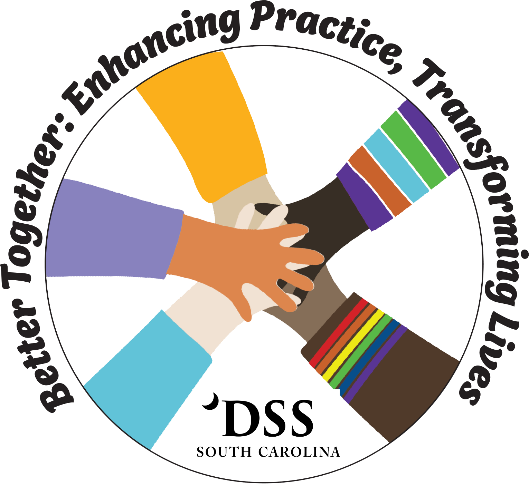What is Prevention?
The term "prevention" is typically used to represent activities aimed at stopping or reducing an action or behavior, but can also be used to represent activities that promote a positive action or behavior while reducing risk. Within the context of child welfare, research has found that successful prevention efforts must both reduce risk factors and promote protective factors to ensure the well-being of children and families. Protective factors are conditions in families and communities that, when present, increase the health and well-being of children and families. Risk factors are conditions in families and communities that increase the likelihood of child maltreatment and/or neglect.
Prevention efforts are typically conceptualized as occurring along three levels:
- Primary Prevention Secondary Prevention
- Tertiary Prevention
Primary Prevention
Primary prevention activities are directed at the general population and attempt to stop maltreatment before it occurs. All members of the community have access to and may benefit from these services. Primary prevention activities with a universal focus seek to raise the awareness of the general public, service providers, and decision-makers about the scope and problems associated with child maltreatment. Universal approaches to primary prevention might include:
- Public service announcements that encourage positive parenting
- Parent education programs and support groups that focus on child development, age-appropriate expectations, and the roles and responsibilities of parenting
- Family support and family strengthening programs that enhance the ability of families to access existing services, and resources to support positive interactions among family members
- Public awareness campaigns that provide information on how and where to report suspected child abuse and neglect
In South Carolina, the SC Children’s Trust is the state’s lead primary prevention organization.
Secondary Prevention
Secondary prevention activities with a high-risk focus are offered to populations that have one or more risk factors associated with child maltreatment, such as:
- Poverty
- Parental substance abuse
- Young parental age
- Parental mental health concerns, and
- Parental or child disabilities.
Programs may target services for communities or neighborhoods that have a high incidence of any or all of these risk factors. Approaches to prevention programs that focus on high-risk populations might include:
- Parent education programs located in high schools, focusing on teen parents, or those within substance abuse treatment programs for mothers and families with young children
- Parent support groups that help parents deal with their everyday stressors and meet the challenges and responsibilities of parenting
- Home visiting programs that provide support and assistance to expecting and new mothers in their homes
- Respite care for families that have children with special needs
- Family resource centers that offer information and referral services to families living in low-income neighborhoods
SCDSS is in the process of partnering with organizations across the state to provide secondary prevention services through its new Family-Centered Community Support Services (FCCSS) solicitation. This service is an enhanced version of its former Community-Based Prevention Services (CBPS) which provides secondary prevention services to cases that are not involved with SCDSS, but where the family might benefit from additional support to address risk factors.
Tertiary Prevention
Tertiary prevention activities focus on families where maltreatment has already occurred (been indicated) and seek to reduce the negative consequences of the maltreatment and to prevent its recurrence. These prevention programs may include services such as:
- Intensive family preservation services with trained mental health counselors that are available to families 24 hours per day for a short period of time (e.g., 6 to 8 weeks)
- Parent mentor programs with stable, non-abusive families acting as "role models" and providing support to families in crisis
- Parent support groups that help parents transform negative practices and beliefs into positive parenting behaviors and attitudes
- Mental health services for children and families affected by maltreatment to improve family communication and functioning
In South Carolina, tertiary prevention services are activities and strategies that are provided to families who are involved with SCDSS and have an open investigation, are receiving family preservation services, or who have foster care case. With the passing of the Family First Prevention Services Act, SCDSS is poised to expand behavioral health, substance use, and parenting services for children and families brought to our attention.

